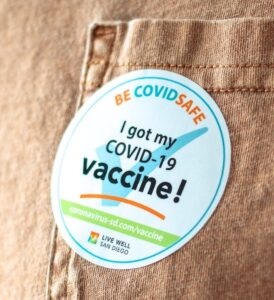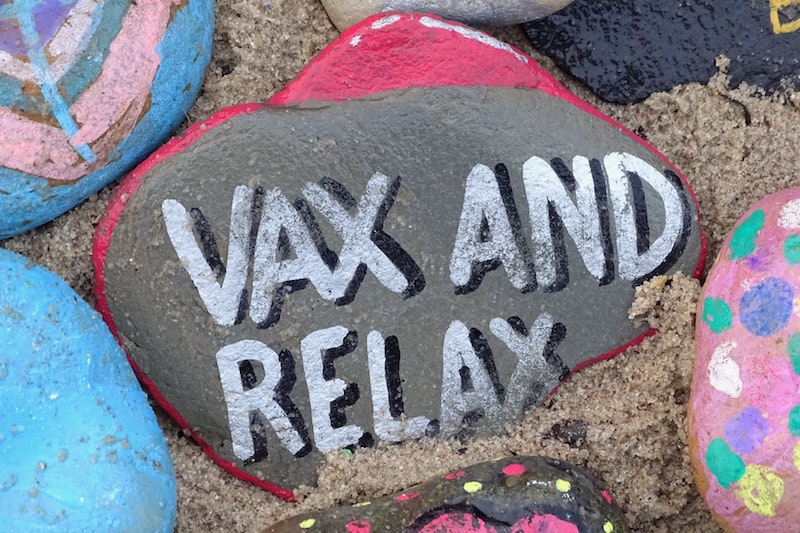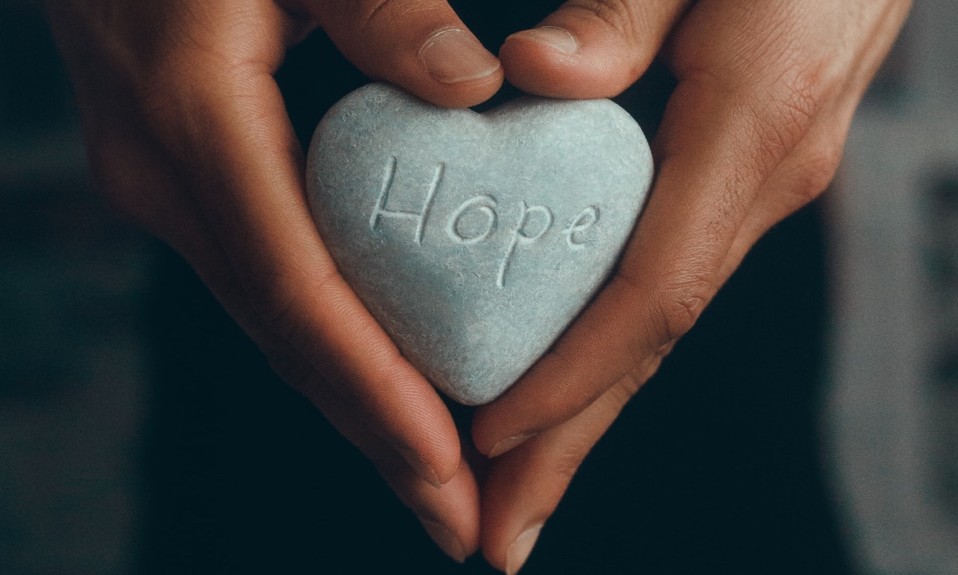NIDA and policy groups are working to ensure this vulnerable population is protected from the virus
By Jenny Diedrich
Government agencies and policy groups are continuing to spread the word that people with substance use disorder (SUD)—about 20 million adults in the United States—are at increased risk of severe illness from COVID-19 and should be vaccinated.
In March, the Centers for Disease Control and Prevention (CDC) added SUD to its list of medical conditions that put people at heightened risk for dire outcomes from COVID. Healthcare experts say both physical and societal factors cause the SUD population to be especially susceptible.
People with a chronic history of SUD are in danger because of the damage done to their bodies by drug use, notes Nora Volkow, M.D., director of the National Institute on Drug Abuse (NIDA). “Drugs affect many systems in the body, most notably the cardiovascular, pulmonary and immune systems. These are also targeted by the COVID-19 virus,” Volkow says.
Jessica Hulsey, founder and CEO of the Addiction Policy Forum (APF), says the physical symptoms of addiction can be an underlying health condition for complications from COVID. “We were aware of that with diabetes, heart disease and other conditions,” she says. “Clarifying it for our [SUD] community is really important so we can keep individuals in recovery safe.”
Because these people [with SUD] have been mistreated, they don’t necessarily trust the healthcare system. There is an enormous amount of mistrust. … It’s a very tragic situation.”—Nora Volkow, NIDA
The stigma and discrimination faced by people with SUD adds to the risk. Many people suffering from addiction resist reaching out to the healthcare system for help and may not seek medical attention until they’re already severely ill, especially if they’re unemployed and uninsured, Volkow says. They are then less likely to take the initiative and get a COVID vaccination.
“Because these people have been mistreated, they don’t necessarily trust the healthcare system,” Volkow says. “There is an enormous amount of mistrust. If they go into a healthcare system that is already saturated [due to the pandemic], they may be turned away. It’s a very tragic situation.”
The numbers show that this population should be prioritized for a COVID vaccination. Data cited by Volkow indicates that people with an SUD diagnosis are seven times more likely than the general population to be infected with COVID-19 and are approximately 50% more likely to die from the virus.
Spreading the Word That COVID Vaccines Are Safe

NIDA has been working with groups like the APF to educate people on the importance and safety of getting a COVID vaccination. The APF sent an alert about the CDC guidance to its network of more than three million patients, families, caregivers and providers, according to Hulsey. The organization also hosted a webinar with Volkow and Anthony Fauci, M.D., director of the National Institute of Allergy and Infectious Diseases, and is planning two follow-up webinars—one on the CDC guidance and one to highlight local vaccination initiatives. Both events will be livestreamed on YouTube and Facebook. (Look for updates on the upcoming webinars on the APF website’s COVID page.)
Volkow says the ultimate goal is to generate trust in the healthcare system and the safety of the COVID-19 vaccine among the addiction community. Utilizing people of influence for this population—including leaders of community programs, medication-assisted treatment (MAT) providers, and members of recovery programs such as Alcoholics Anonymous—is critical, she says.
All of these [addiction-oriented] places are run by people in recovery. That’s why people go there—because they feel like they’re going to get the straight story.”—Philip Rutherford, Faces & Voices of Recovery
Philip Rutherford, CEO of the advocacy organization Faces & Voices of Recovery, believes another effective method would be to offer vaccinations at places that people with SUD trust, such as recovery support groups or safe injection sites. “All of these places are run by people in recovery,” he says. “That’s why people go there—because they feel like they’re going to get the straight story.”














